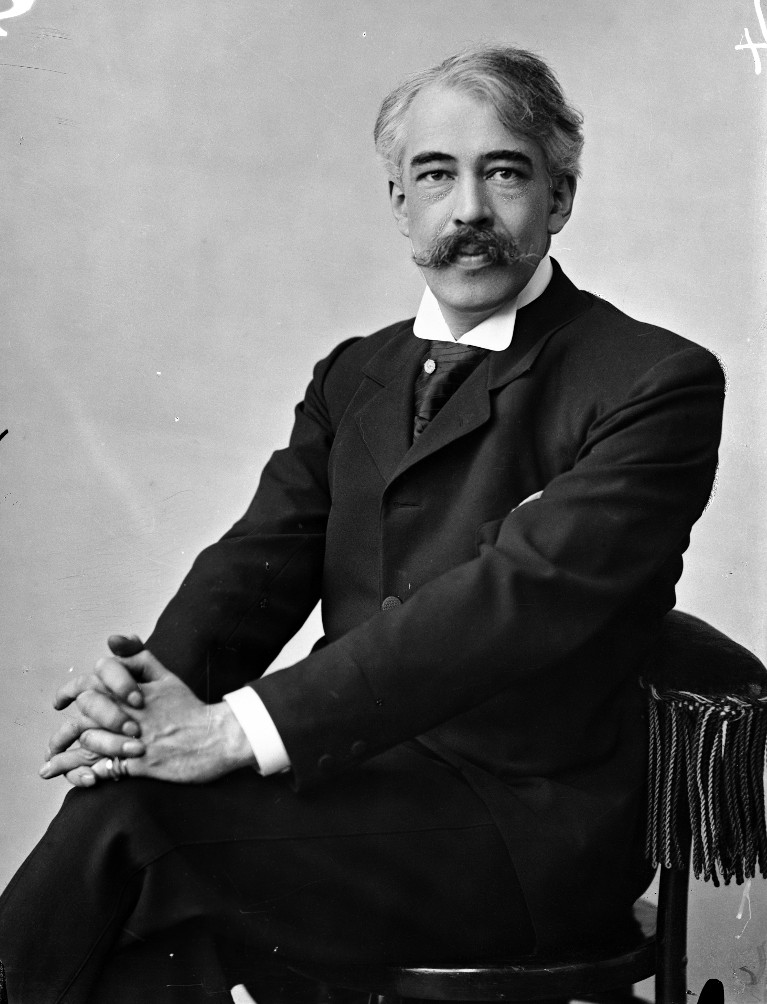Unveiling The Legacy Of Konstantin Stanislavsky: The Father Of Modern Acting
Konstantin Stanislavsky, a name that resonates through the annals of theatre history, is widely regarded as a revolutionary figure in the world of acting and performance art. His innovative approaches and techniques have shaped the way actors engage with their craft, making him a pivotal figure in modern theatre. Born in Moscow in 1863, Stanislavsky's legacy is not merely confined to his birthplace; it has transcended borders and inspired countless performers across the globe.
Stanislavsky's journey into the world of theatre began at a young age, influenced by the vibrant cultural tapestry of Russia. He co-founded the Moscow Art Theatre in 1898, where he developed his groundbreaking method of acting, known as the Stanislavsky System. This method emphasized the importance of emotional authenticity and psychological realism, encouraging actors to draw upon their own experiences to portray characters more genuinely. Today, his techniques are taught in drama schools worldwide, highlighting his enduring impact on the craft of acting.
The Stanislavsky System has not only revolutionized acting but has also influenced various disciplines, including directing, playwriting, and even film. As we delve deeper into the life and work of Konstantin Stanislavsky, we will explore his biography, personal details, and the profound impact he has had on the world of theatre. Join us on this insightful journey through the legacy of a man who redefined the art of performance.
What Was Konstantin Stanislavsky's Early Life Like?
Konstantin Stanislavsky was born on January 17, 1863, into a wealthy family in Moscow. His father was a successful businessman, and his mother was an actress, which undoubtedly influenced his passion for the performing arts. From a young age, he was exposed to the world of theatre, and by the time he was a teenager, he had already begun acting in amateur productions.
How Did He Contribute to Theatre?
Stanislavsky's contributions to theatre are vast and varied. His main legacy lies in the creation of the Stanislavsky System, which focuses on the actor's emotional and psychological connection to their character. Some key elements of his contribution include:
- Development of the Stanislavsky System.
- Co-founding the Moscow Art Theatre.
- Innovative approaches to actor training.
- Emphasis on realism in performance.
What Influenced the Creation of the Stanislavsky System?
The Stanislavsky System emerged from a need for more profound, realistic performances that resonated with audiences. Influenced by the Symbolist movement, which sought to express deeper truths through art, Stanislavsky believed in the importance of the actor's psychological state. He emphasized that an actor's personal experiences should inform their portrayal of characters, leading to more authentic performances.
Can You Describe the Principles of the Stanislavsky System?
The Stanislavsky System is built on several core principles that guide actors in their craft. These principles aim to create a seamless blend of emotion, thought, and action, resulting in a performance that feels genuine and relatable. Some fundamental principles include:
- Emotional Memory: Actors recall their personal experiences to create genuine emotional responses.
- Given Circumstances: Understanding the context of the character’s life and the environment they inhabit.
- Objectives: Identifying the character's goals within the narrative.
- Subtext: Recognizing the underlying emotions and thoughts that aren't explicitly stated in the dialogue.
How Did Stanislavsky Influence Modern Acting Techniques?
Konstantin Stanislavsky's influence extends far beyond his own time. His techniques laid the groundwork for many modern acting methodologies, including Method Acting, which was popularized by actors such as Marlon Brando and Robert De Niro. His emphasis on emotional truth and psychological realism has become a cornerstone of acting training across the globe.
What Are Some Notable Works and Productions by Stanislavsky?
Throughout his career, Stanislavsky directed and acted in numerous productions that showcased his innovative techniques. Some notable works include:
- Chekhov's Plays: His collaboration with playwright Anton Chekhov led to groundbreaking productions of plays like "The Seagull" and "Uncle Vanya."
- "A Month in the Country": Directed by Stanislavsky, this play highlighted his attention to emotional depth.
- "Three Sisters": This production illustrated the intricacies of human relationships and desires.
What Was the Legacy of Konstantin Stanislavsky?
The legacy of Konstantin Stanislavsky is profound and far-reaching. His methods transformed the landscape of acting, paving the way for future generations of performers to explore their craft more deeply. His approach has been adopted and adapted by countless acting teachers and practitioners worldwide, ensuring that his principles remain relevant today.
How is Stanislavsky Remembered Today?
Today, Konstantin Stanislavsky is remembered as the father of modern acting. His techniques are taught in drama schools around the world, and his influence is palpable in contemporary theatre and film. Actors continue to draw inspiration from his work, ensuring that his legacy endures for future generations. Stanislavsky's commitment to emotional truth and authenticity has left an indelible mark on the performing arts, reminding us of the power of storytelling and the human experience.
| Personal Details | Bio Data |
|---|---|
| Name: | Konstantin Stanislavsky |
| Date of Birth: | January 17, 1863 |
| Place of Birth: | Moscow, Russia |
| Occupation: | Actor, Director, Theatre Practitioner |
| Notable Works: | Moscow Art Theatre, Chekhov's Plays |
| Date of Death: | August 7, 1938 |
In conclusion, Konstantin Stanislavsky's contributions to theatre are invaluable and continue to shape the art of acting today. His methods encourage a deeper understanding of character and emotion, making performances resonate with audiences on a profound level. As we celebrate his legacy, we are reminded of the power of theatre to reflect the complexities of the human experience.
Unveiling The Mystique Of Brutus Brutus
Unveiling The Essence Of Black Bio: A Journey Through Identity
The Timeless Comedy Of The Marx Brothers: A Journey Through Laughter


